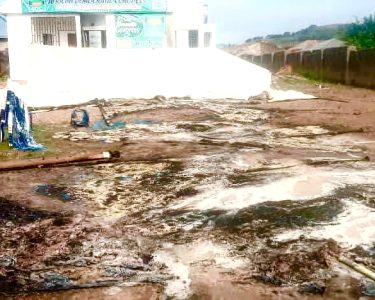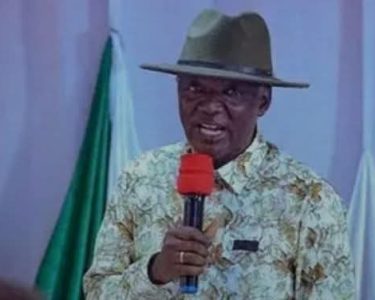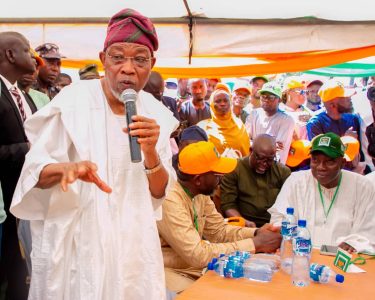In the corridors of Nigerian politics, history is a patient teacher and sometimes, a ruthless judge. As President Bola Ahmed Tinubu crosses the midpoint of his first term, murmurs from the political class and streets alike echo a loaded question: Will Tinubu suffer the same fate as Goodluck Jonathan in 2015?
Back then, Jonathan, despite incumbency and control of the federal machinery, was swept out of office by a wave of discontent, regional realignments, and economic anxiety. Today, Tinubu faces a similarly precarious political climate. The economy buffeted by bold but biting reforms like subsidy removal and currency unification remains a sore point for everyday Nigerians. Inflation eats through salaries, while insecurity, though less visible in headlines, remains stubborn in villages and border states.
What adds a sharp edge to the speculation is growing unrest from within Tinubu’s own support base particularly the North. Former Kaduna Governor Nasir El-Rufai’s warning that Tinubu could be “Jonathanized” in 2027 wasn’t mere rhetoric. It was a signal from a faction that believes the APC is drifting off course, risking the coalition that brought it to power.
Within the APC, cracks are becoming harder to plaster over. The party says it’s confident Tinubu will run and win in 2027. But confidence isn’t a strategy. If public hardship remains unchecked and intra-party squabbles escalate, the 2023 goodwill may not survive till 2027.
For Tinubu, the path to re-election lies not just in defending his record, but in reconnecting with the voters who handed him the keys to Aso Rock. He must remember what Jonathan forgot: incumbency offers no immunity from accountability.
The question isn’t just whether history will repeat itself. It’s whether Tinubu will learn from it.




